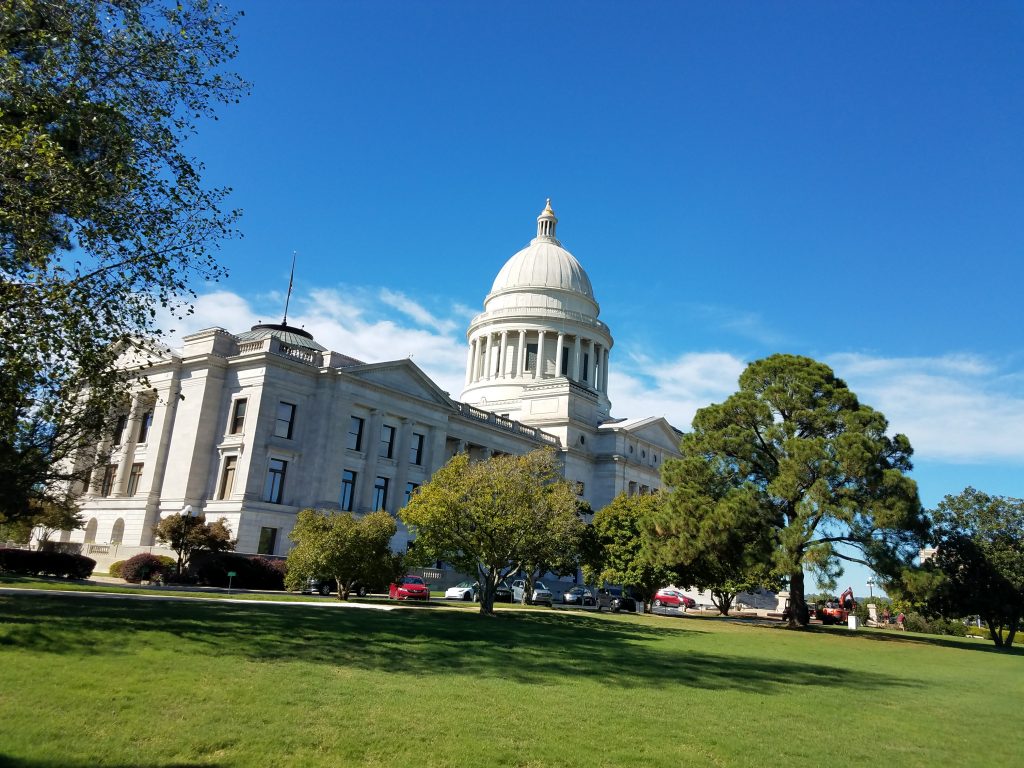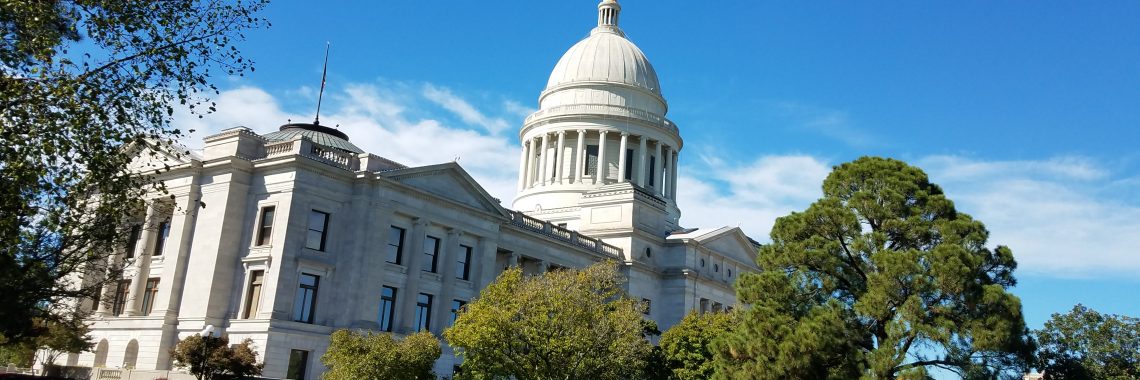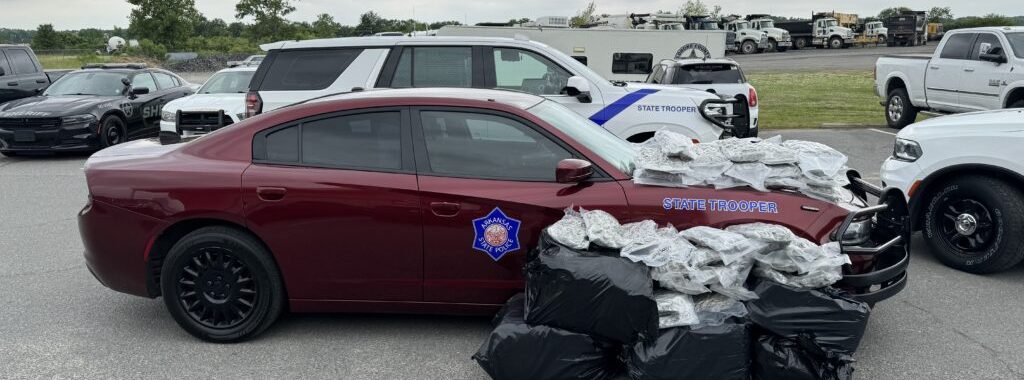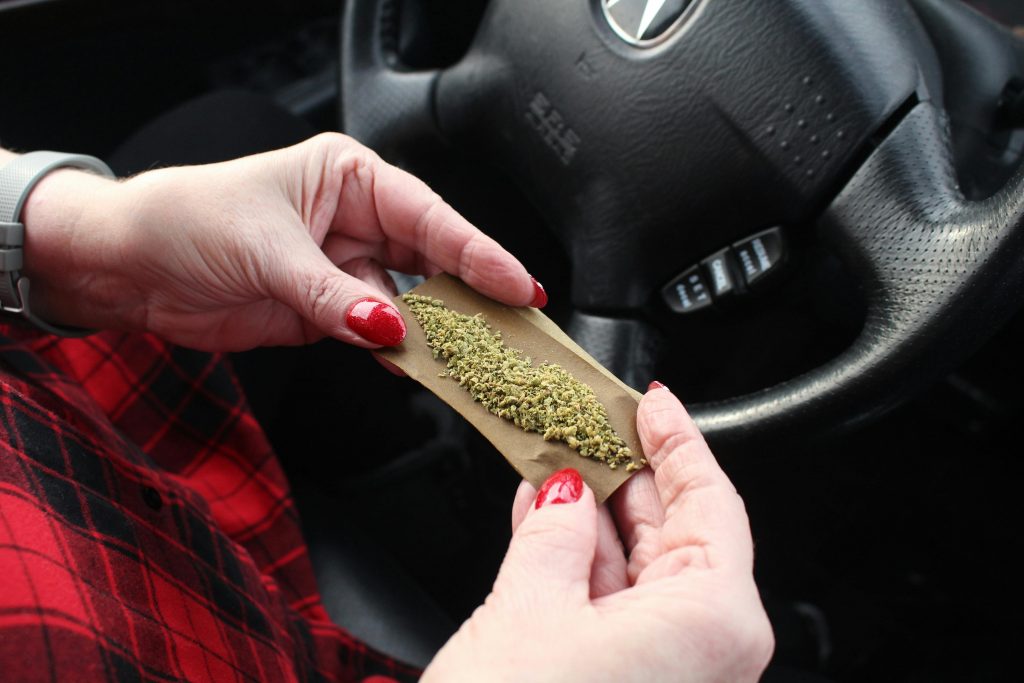Marijuana Amendment Sponsors Get Additional Time to Collect Petition Signatures

On Wednesday, the Arkansas Secretary of State authorized sponsors of a marijuana amendment to continue gathering petition signatures to place the measure on the November ballot.
The amendment by Arkansans for Patient Access would change the state constitution to expand marijuana in Arkansas.
The group submitted signatures in support of the marijuana measure on July 5. The Secretary of State’s office has indicated that the group failed to submit enough valid petition signatures to place the measure on the ballot, but did submit enough signatures to qualify under Arkansas law for an additional 30 days to circulate petitions for the amendment.
Placing a measure on the ballot requires a minimum of 90,704 valid signatures from registered voters. Additional petition signatures that Arkansans for Patient Access collects and submits can be used to place the marijuana measure on the November ballot.
If passed, the amendment would drastically expand marijuana in Arkansas.
The amendment makes it possible for people to grow and use medical marijuana without suffering from a specific medical condition listed in state law.
The measure would give free marijuana cards to immigrants and out-of-state residents who come to Arkansas to use marijuana.
It also would guarantee marijuana growers and sellers a monopoly over the state’s marijuana industry.
The measure also fails to limit the amount of THC that marijuana products can contain, and it repeals restrictions on marijuana advertising.
Articles appearing on this website are written with the aid of Family Council’s researchers and writers.





